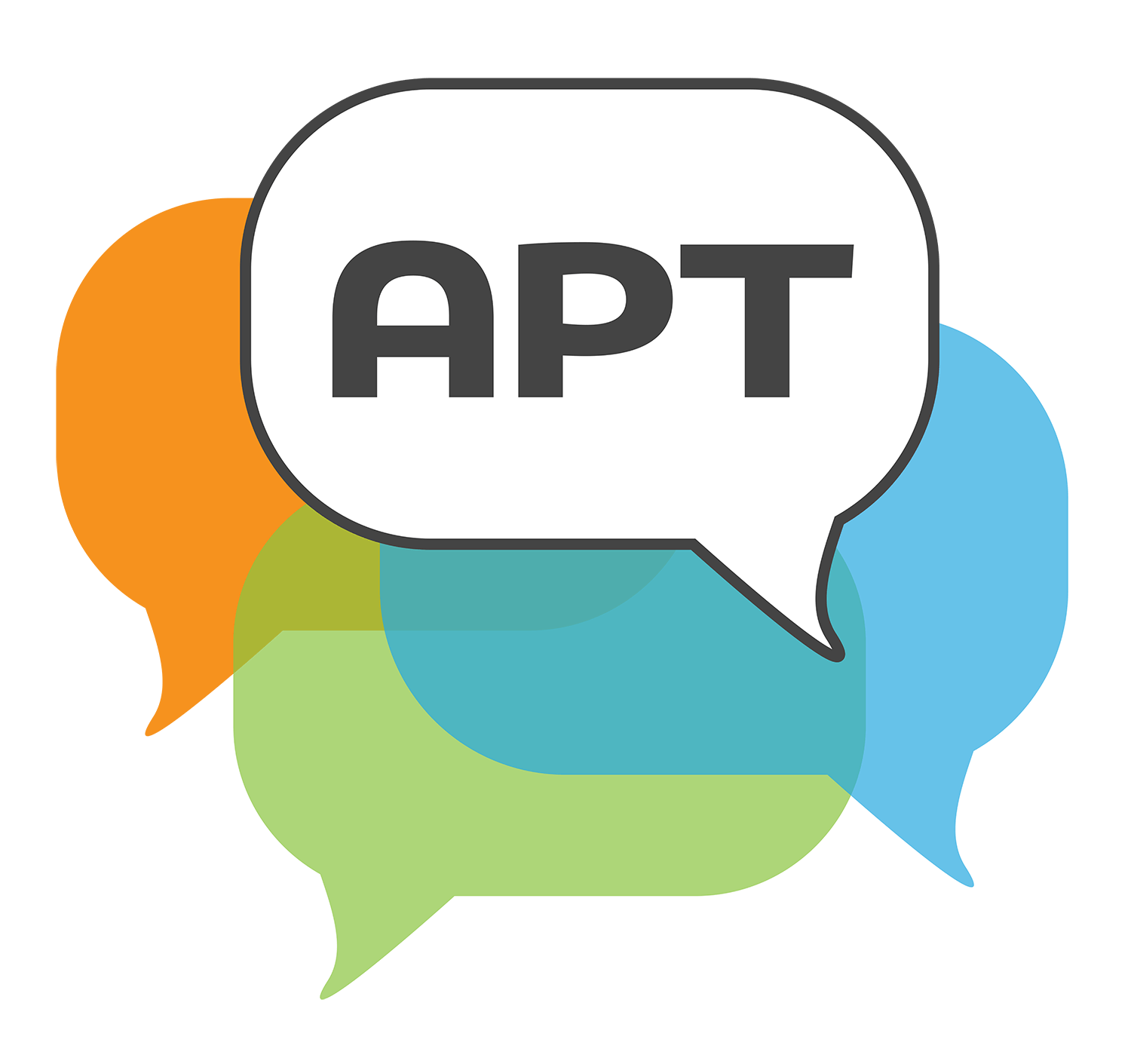Benefits of APT
Preparing Students for Participation in Civic Discourse
One of the major goals of schooling, and in particular of studying history and civics, is to prepare students for citizenship. A complex, democratic society requires informed decision-making, and one of the privileges of citizenship is to participate in that process. But contributing requires understanding proposed solutions, thinking critically about them, and effectively questioning, supporting, or opposing them.
Civic participation is highly dependent on the ability to listen to arguments and to judge those arguments based on evidence, reliability of sources, or values; as well as to respond either by talking or writing in a manner that is persuasive. Further, civic discourse calls on individuals to recognize and acknowledge the ways in which long-standing, societal power structures influence every aspect of reasoning and decision-making.
Civic discourse calls on individuals to think critically about the societal implications of ideas and actions.
As you watch, consider whether and how the discussion might affect students’ interest in public policy.
In this video, students discuss whether physician-assisted suicide should be legal, a question about which there is heated controversy and wide variation in policy across states.
The clip above is from:
Physician Assisted Suicide
Language Arts • Grade 8
Consider ways in which the conversation is similar or different to one you might hear in a law school classroom.
Students are debating when it is okay to break the rules. In the scenario they have read, a boy was in a national park where there were signs posted not to stray off the designated paths, and not to pick flowers. The boy’s mother was sick, and when he spotted her favorite flower, he left the path to pick them. He was apprehended by the park ranger.
The clip above is from:
When is it Acceptable to Break the Rules? Student Debate
Language Arts • Grade 4


